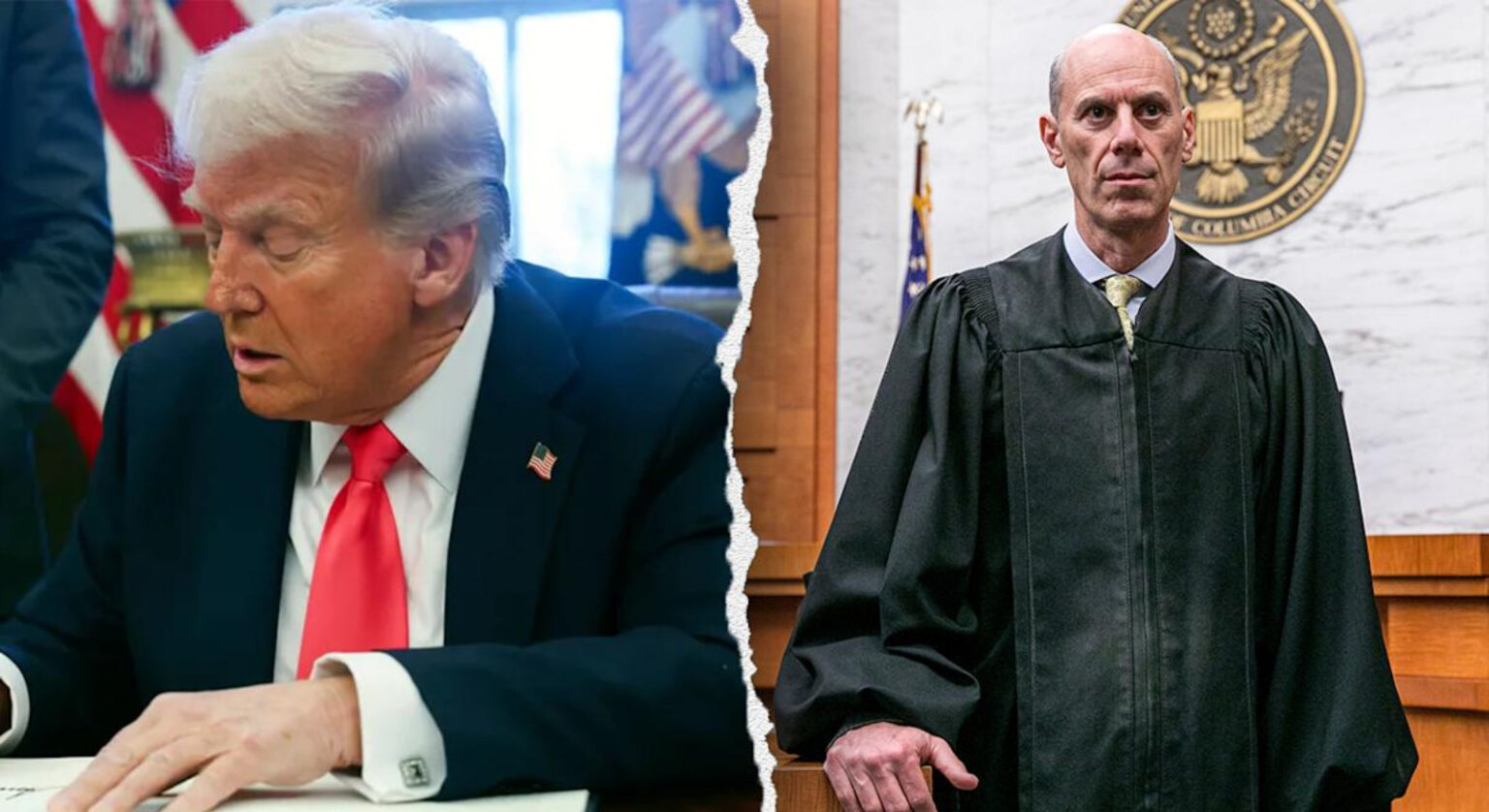A federal judge ruled on Thursday that the Trump administration failed to comply with a court order requiring it to disclose details about deportation flights to El Salvador, further escalating President Donald Trump’s ongoing legal battle with the judiciary. The ruling intensifies scrutiny over the administration’s use of the 1798 Alien Enemies Act, which it invoked to deport individuals, including Venezuelan nationals allegedly tied to criminal organizations.
U.S. District Judge James Boasberg criticized the government’s legal team for failing to provide the necessary documentation regarding the deportation flights. In a sharply worded order, Boasberg accused the administration of “again evading its obligations” by submitting incomplete and delayed information, even after being given the opportunity to file under seal. According to Fox News, the filing was hours late and failed to answer the court’s key questions.
Trump Administration Cites National Security in Noncompliance
In an attempt to comply with the court’s order, the administration submitted a six-paragraph declaration from a regional Immigration and Customs Enforcement (ICE) official in Harlingen, Texas. The statement vaguely indicated that Cabinet secretaries were still debating whether to invoke state secrets privilege over the requested information.
Boasberg dismissed this explanation as “woefully insufficient.” His frustration grew after he had issued an emergency restraining order on Saturday, blocking the Trump administration from using the 1798 Alien Enemies Act to deport Venezuelan nationals, including alleged members of the Tren de Aragua gang, for a period of 14 days. The order further required any ongoing deportation flights to be turned around immediately.
Despite this directive, at least one deportation flight carrying hundreds of migrants, including Venezuelans targeted under the act, landed in El Salvador just hours later. This apparent defiance of the court order prompted Boasberg to demand additional information in a fact-finding hearing to determine whether the Trump administration had intentionally violated his ruling.
Judge Orders Additional Details on Deportation Flights
In response to the administration’s repeated failure to comply, citing national security concerns, Boasberg instructed government lawyers to submit the required information under seal by noon on Thursday. He demanded detailed records, including:
- How many planes departed from the U.S. carrying deported individuals solely based on the 1798 proclamation.
- The total number of passengers on each flight.
- The exact times, origins, and destinations of the flights.
Boasberg also rejected the administration’s reliance on a regional ICE official to justify withholding information about Cabinet-level discussions regarding state-secrets privilege.
“The Government cannot proffer a regional ICE official to attest to Cabinet-level discussions of the state-secrets privilege; indeed, his declaration on that point, not surprisingly, is based solely on his unsubstantiated ‘understanding,’” Boasberg wrote.
Trump Administration Faces March 25 Deadline to Explain Deportations
The judge has now given the Trump administration until March 25 to justify its failure to return individuals deported on the first two flights that arrived in El Salvador on March 15. Furthermore, by March 21 at 10:00 a.m., the administration must provide a sworn declaration from an official directly involved in Cabinet-level discussions regarding the state-secrets privilege.
Despite these legal developments, at least one deportation plane landed in El Salvador late Saturday, prompting a mocking response from Salvadoran President Nayib Bukele, who wrote on X (formerly Twitter),
“Oopsie, too late.”
White House Calls Judge’s Ruling an Overreach
The administration has steadfastly refused to disclose further details about the deportation flights, arguing that any such disclosures could compromise national security. The refusal has heightened tensions between the executive and judicial branches, with some Trump administration officials accusing Boasberg of judicial overreach.
White House Press Secretary Karoline Leavitt delivered a sharp rebuke against Boasberg on Wednesday, arguing that the judiciary was attempting to limit the president’s constitutional authority on immigration enforcement.
“The judge in this case is essentially trying to say the president doesn’t have the executive authority to deport foreign terrorists from our American soil. That is an egregious abuse of the bench,” Leavitt told reporters during a press briefing.
Conclusion: Escalating Legal Battle Over Deportations
This latest dispute marks another flashpoint in the ongoing legal battle between the Trump administration and the judiciary, particularly regarding immigration enforcement. The administration has repeatedly invoked national security concerns to justify its strict deportation policies, while federal courts have pushed back, demanding greater transparency and adherence to judicial oversight.
With looming deadlines and a possible contempt ruling, the coming weeks will be critical in determining the legal and political ramifications of this case. Whether the Trump administration complies with the judge’s demands or escalates its legal fight remains to be seen.
